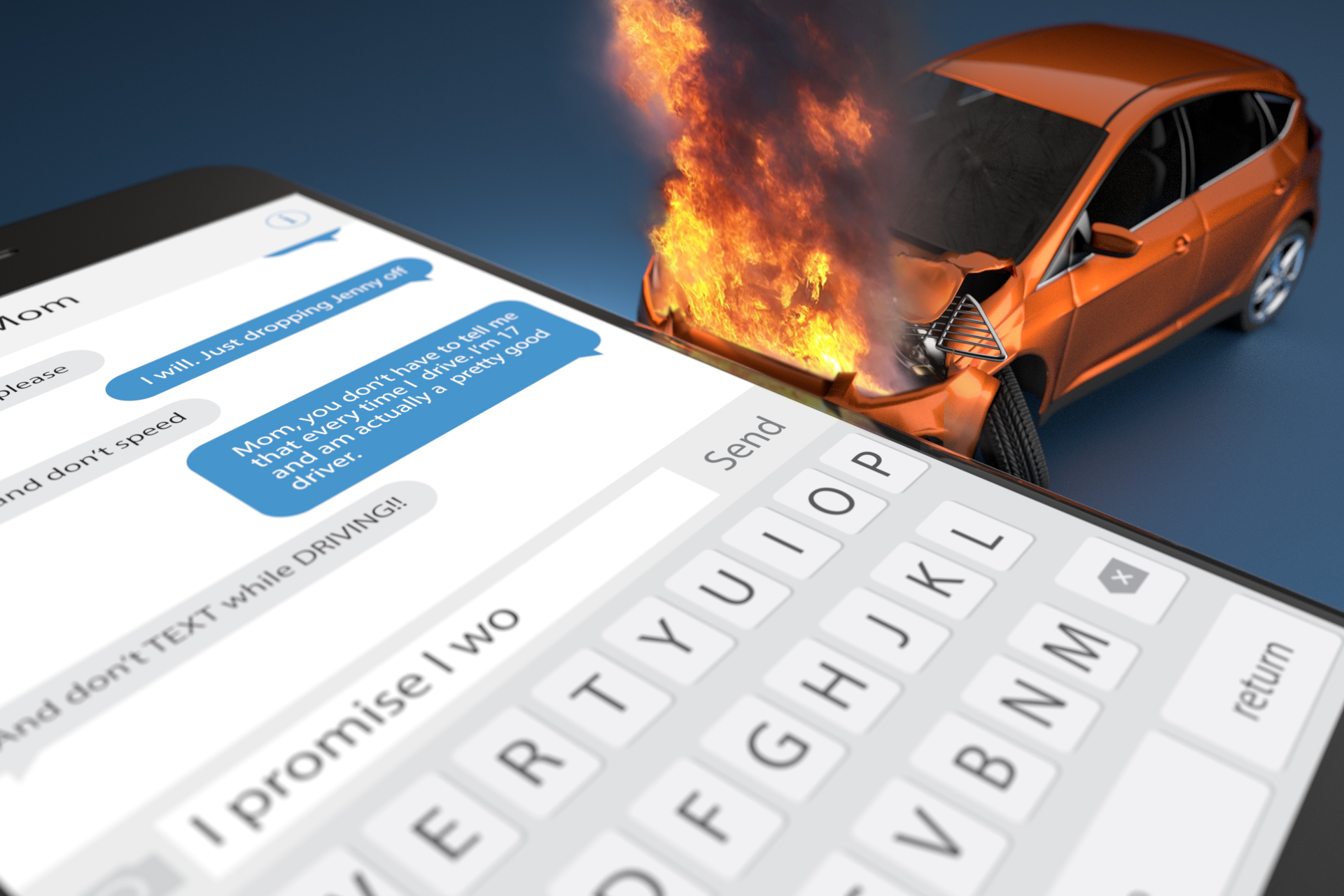Drunk driving is dangerous for students, as well as for everyone else on the road. It's crucial for students to make responsible choices and avoid driving under the influence of alcohol or drugs. Here is why.
Impaired Decision-Making and Reaction Time
Alcohol disrupts our cognitive abilities, particularly decision-making and reaction time. Under its influence, our judgment becomes clouded, leading to ill-advised choices while driving. Delayed reaction times compound this danger, as we're less capable of promptly responding to sudden road changes.
This dual impairment significantly elevates the risk of accidents. When confronted with critical decisions, such as swerving to avoid an obstacle or stopping in time, our intoxicated state handicaps our ability to make quick, rational choices, potentially resulting in severe and often preventable collisions. For Aussie students, this Australian essay writing service helps them learn more about the influence of intoxication on decision-making abilities.
Reduced Coordination and Motor Skills
Alcohol detrimentally affects our physical capabilities, manifesting as impaired coordination and motor skills. This deterioration makes it challenging to maintain precise control over the vehicle. Steering becomes erratic, braking less precise, and overall vehicle handling is compromised.
Such impairment threatens not only our safety but also that of fellow road users, as our inability to maneuver safely can lead to accidents, especially in challenging traffic scenarios like merging or navigating tight spaces.
Impaired Vision and Perception
Alcohol's impact extends to our visual and perceptual faculties. It impairs our vision, making it difficult to assess distances and detect potential hazards on the road accurately. Impaired depth perception can lead to misjudging the distance between vehicles or miscalculating the time needed to stop.
Consequently, drunk drivers may fail to notice pedestrians, cyclists, or other vehicles, increasing the risk of accidents. This compromised ability to perceive the road environment makes driving while intoxicated exceedingly dangerous. By the way, chronic lack of sleep and serious stress, the two conditions students often have, can also impact their ability to drive. That’s why sometimes it’s better to seek help with the best essay writing services Australia and have a proper rest.
Increased Risk of Accidents
Drunk driving is intrinsically associated with a substantially heightened risk of accidents. Alcohol-induced impairment drastically diminishes our capacity to navigate complex traffic scenarios safely. From failing to yield the right of way to ignoring traffic signals or signs, drunk drivers are prone to making grave errors in judgment and execution.
The result is an elevated likelihood of collisions, injuries, and even fatalities. The devastation wrought by these accidents underscores the critical importance of abstaining from alcohol when operating a vehicle.
Legal Consequences
Drunk driving carries serious legal ramifications that can affect your life profoundly. If caught, you may face serious fines, license suspension, mandatory alcohol education programs, and even jail time, varying by jurisdiction and prior offenses. These legal consequences can disrupt your immediate freedom and potentially give you a criminal record, impacting future employment and educational prospects.
A DUI conviction can cast a long shadow over a student's future prospects. It can easily hinder job prospects and limit career options. Educational institutions often take disciplinary actions, such as suspensions or expulsions, in response to such offenses. Just like that, a single decision to drive while impaired can result in a web of legal troubles that can take years to overcome.
Shame and Stigma
Drunk driving carries a heavy load of shame and social stigma. It's deeply frowned upon and often viewed as irresponsible and dangerous. Those associated with it can face social isolation, judgment, and exclusion. The stigma can be emotionally distressing, adding to the already serious consequences of drunk driving. This societal disapproval underscores the necessity of responsible choices to avoid the emotional toll and social repercussions that accompany such behavior.
Emotional and Psychological Impact
The emotional and psychological impact of being involved in a drunk driving incident can be rather serious and long-lasting and not limited to the immediate aftermath of the incident. Here are some of the consequences you may suffer:
● Guilt and Regret: Individuals who have driven under the influence and subsequently caused harm or endangered lives often experience overwhelming guilt and regret. The knowledge that their irresponsible choice led to negative consequences can weigh heavily on their conscience.
● Anxiety and Depression: The emotional fallout from drunk driving incidents can contribute to anxiety and depression. The constant replaying of the incident, coupled with guilt and regret, can erode mental well-being.
● Impact on Relationships: Drunk driving incidents can strain relationships with family and friends. Loved ones may experience anger, disappointment, and a loss of trust, further exacerbating emotional distress.
Seeking support through counseling, therapy, or support groups can be crucial in coping with the emotional aftermath and beginning the process of healing and recovery.
Endangering Lives
Finally, drunk driving is a reckless decision that places lives in imminent danger. The risks are great, the outcomes potentially catastrophic, and the possibility of such a tragedy almost inevitable. Each moment behind the wheel under the influence is a serious threat to the well-being and survival of all road users.






